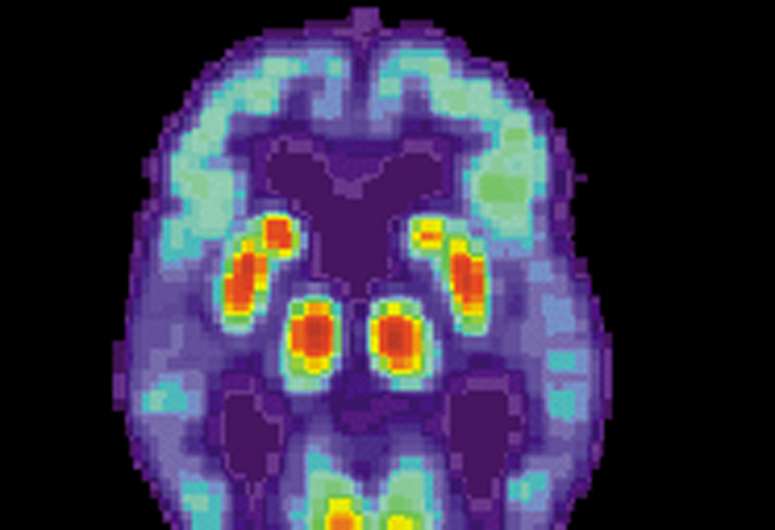Hormone could slow Alzheimer's progression

Queen's University researcher Fernanda De Felice (Psychiatry), along with co-authors from the Federal University of Rio de Janeiro, have identified an exercise-linked hormone that could slow the progression of Alzheimer's disease. This research was recently published in the high-profile publication, Nature Medicine.
The findings show that irisin, a hormone that is boosted by exercise, plays an important role in the brain and that Alzheimer patients carry less of the hormone. This discovery moves scientists one step closer to developing a medication that reproduces the effects of exercise-induced irisin production in the brain.
"In the past few years, researchers from many places around the world have shown that exercise is an effective tool to prevent different forms of dementia such as Alzheimer's" says Dr. De Felice, a researcher in the Centre for Neuroscience Studies at Queen's. "This has led to an intense search for specific molecules that are responsible for the protective actions of exercise in the brain. Because irisin seems to be powerful in rescuing disrupted synapses that allow communication between brain cells and memory formation, it may become a medication to fight memory loss in Alzheimer's disease."
The new research is important, explains Dr. De Felice, because curing dementia is one of the greatest current and future health care challenges. Unfortunately, despite 30 years searching for treatment drugs, there is no effective medication for Alzheimer's disease. She adds it is also important to remember that the vast majority of patients with dementia can be disabled due to other age-related illness (e.g. arthritis, heart disease, obesity, visual problems, and depression). Furthermore, it can be challenging to engage a patient in regular physical activity.
A drug that increases irisin in the brain could be the key.
"It is important to keep in mind that Alzheimer's is a very complex disease and it is truly hard to treat Alzheimer's patients before irreversible damage occurs in their brains. This is because when a patient is diagnosed with Alzheimer's disease, their brain has already been damaged," Dr. De Felice says. "Finding new protective routes, such as the identification of an exercise-linked component, may be an optimal strategy to heal the brain before brain cells die and dementia becomes irreversible."
The next step in Dr. De Felice's research is investigating the most effective way of delivering irisin to the brain.
More information: Mychael V. Lourenco et al. Exercise-linked FNDC5/irisin rescues synaptic plasticity and memory defects in Alzheimer's models, Nature Medicine (2018). DOI: 10.1038/s41591-018-0275-4


















